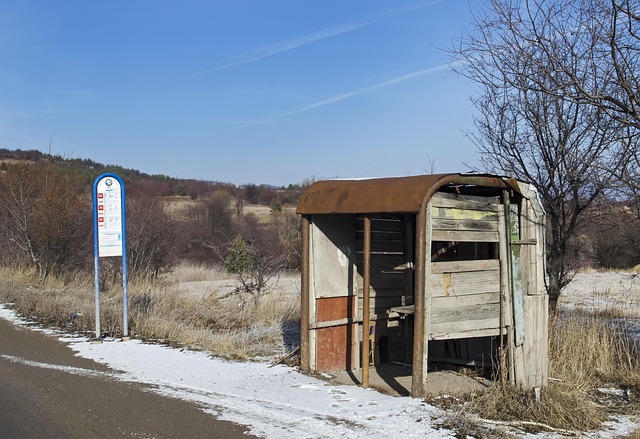In an era where the impacts of climate change are felt even in the most remote areas, the importance of rural public services cannot be overstated. Agriculture is often the backbone of rural economies, and enhancing public services in this sector is vital for driving sustainable rural development. One of the key areas that needs immediate attention is transport sustainability.
Transport systems in rural areas are often underdeveloped, relying heavily on outdated infrastructure that is neither efficient nor environmentally friendly. By investing in sustainable transport solutions, such as electric vehicles and improved road networks, we can ensure that farmers and agricultural producers can access markets more easily. This not only enhances their productivity but also fosters economic growth in the community.
Moreover, sustainable transport practices reduce carbon emissions, which is essential for addressing climate change. When farmers can transport their goods using environmentally-friendly methods, it creates a ripple effect that benefits the entire ecosystem. This is crucial especially as rural communities grapple with the challenges posed by climate change, which threaten their way of life.
In addition to transport, enhancing rural public services means focusing on infrastructure that supports agricultural technology and education. Access to reliable information about best practices in sustainable farming methods is essential. Public services can facilitate workshops and training programs, encouraging farmers to adopt environmentally-safe techniques. These developments aid in not only increasing yield but also promoting biodiversity, which is essential for the health of our planet.
It’s also vital for public services to provide subsidies for renewable energy solutions in farming, such as solar power for irrigation systems. By making these technologies accessible, we empower farmers to reduce their reliance on fossil fuels, ultimately leading to lower operational costs and a more sustainable farming practice. This not only benefits our farmers but also contributes to a healthier planet.
Finally, building networks between farmers, consumers, and public service entities can create a more resilient rural economy. Establishing local cooperatives that promote sustainable agricultural products strengthens community bonds and encourages local consumption, which keeps money circulating within the rural economy.
By enhancing rural public services through sustainable transport, education in farming techniques, renewable energy support, and community collaboration, we can drive a significant transformation in how rural areas function. This is not just a benefit for farmers; it’s an investment in the future of our environment and a necessary step toward ensuring sustainable rural development that can withstand the test of time.




